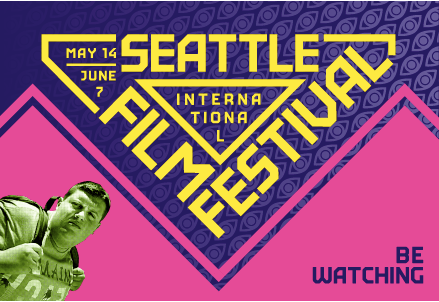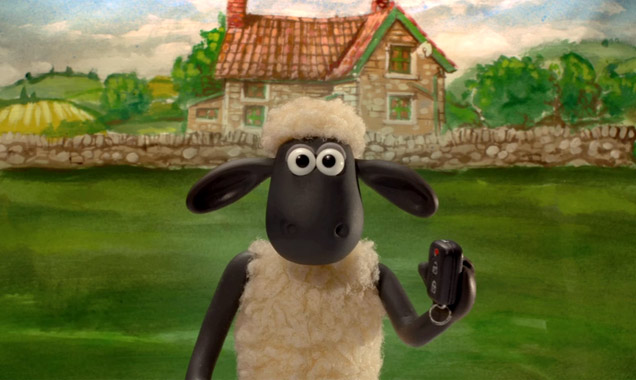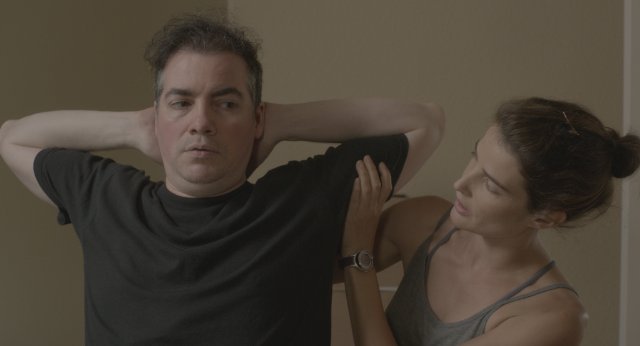
The 2015 edition of the Seattle International Film Festival concludes this week and we here at Seattle Screen Scene are planning more extensive coverage. We’ll be watching and reviewing as many festival films as we can and highlighting some you may want to check out. As a preview, here’s a list of some of our most-anticipated films from the festival’s third and final week. We’ll add links to the titles here as we review them.
Week of May 29 – June 7:
A Matter of Interpretation – A cyclical investigation of narratives begins as a struggling actress discovers that her dreams are eerily syncing up with reality. From Lee Kwangkuk, longtime associate of Hong Sangsoo, so expect something in that vein.
Dearest – The latest from veteran Hong Kong director Peter Chan (Comrades, Almost a Love Story, Wuxia) is based on a true story about a kidnapping in Shenzhen and a foster mother’s search for her adopted daughter. Star Zhao Wei has already picked up a handful of Best Actress Awards for her performance.
The Black Panthers: Vanguard of the Revolution – A documentary about the radical activist group that probably is exactly what it sounds like.
The Chinese Mayor – This documentary follows the mayor of Datong as he attempts to navigate the complexities of the Chinese political system while cleaning up his city.
The Royal Road – An experimental essay film from Jenni Olson about California’s landscapes and history, movies and her own relationships.

Rebel Without a Cause – Nicholas Ray’s movie about an angry young teenager, the girl he loves, the boy who loves him, and the parents he can’t stand. Starring James Dean, Natalie Wood, Sal Mineo and, briefly, Dennis Hopper. Best known as the inspiration for Paula Abdul’s “Rush, Rush” video, co-starring Keanu Reeves.
Chatty Catties – A comedy in which cats can talk and pass judgment on their terrible human overlords.
Phoenix – After the success of 2012’s Barbara, director Christian Petzold and star Nina Hoss reunite for another thriller set in Cold War Germany. This time, she plays a Holocaust survivor trying to find out if it was her husband who betrayed her to the Nazis.
Black Girl – Ousmane Sembène’s 1966 film is a landmark of African cinema. It follows a Senegalese woman who moves to France and works as a maid for an abusive couple.
Revivre – The latest from Korean director Im Kwontaek, his 102nd film, is about a middle-aged executive with a dying wife and a pretty, young co-worker.
The Teacher’s Diary – Thai romantic comedy about a school teacher on a rural island who finds a diary left behind by the previous teacher and falls in love with her.

Saved from the Flames – Presentation of several restored nitrate films, movies that were lost or unknown. Includes a restored version of Georges Méliès’s A Trip to the Moon. Collected by documentarian Serge Bromberg.
Cave of the Spider Women – 1927 Chinese silent adaptation of an episode from the epic Journey to the West and featuring live accompaniment by Donald Sosin. Presented along with The Cave of the Silken Web, the 1967 Shaw Brothers adaptation of the same story from director Ho Meng-hua.
Experimenter – Biopic about social psychologist Stanley Milgram, famous for his “obedience experiments” at Yale in the 1960s, starring Peter Sarsgaard and Winona Ryder.
It’s So Easy – Documentary adaptation of Guns N’ Roses bassist Duff McKagen’s memoir.
Eden – The latest from director Mia Hanson-Løve is a rock biopic about a pioneering French DJ in the 1990s. Honestly, I’m mostly excited to see this just because Hanson-Løve put Millennium Mambo on her Sight and Sound Top Ten list.
Liza the Fox Fairy – A Hungarian film inspired by Japanese folklore follows a woman who may or may not be a demonic fox.

Shaun the Sheep – Feature-length adaptation of the Wallace and Gromit spin-off series that my wife thinks is just the most adorable thing ever.
Love Among the Ruins – An Italian film about the recovery of a lost silent movie that I thought looked kind of interesting but Mike did not like it at all.
Big Father, Small Father and Other Stories – Vietnamese film about the adventures of a sexually ambiguous trio in the lush nightlife of Saigon.
The Wolfpack – Documentary about a family who grew up essentially confined to their New York apartment whose only connection to the world was through movies, and what happened when one of them went outside.
Sleeping with Other People – Romantic comedy with Alison Brie and Jason Sudeikis from Leslye Headland, who directed the very mean and very funny 2012 film Bachelorette.
Que Vive Mexico – The 1979 reconstruction of the film Sergei Eisenstein failed to complete in Mexico in 1932.
Eisenstein in Guanajuato – Peter Greenaway’s fictionalized film about Sergei Eisenstein’s attempt to film Que Vive Mexico in Mexico in 1932.














